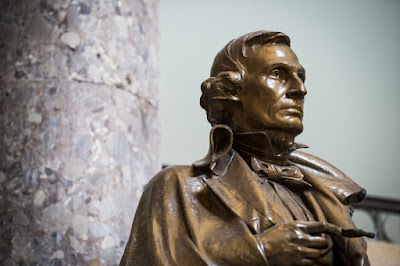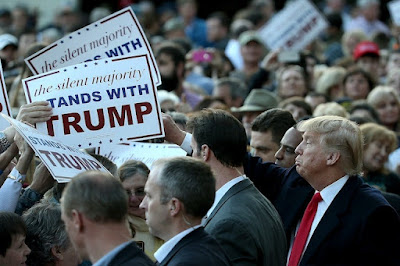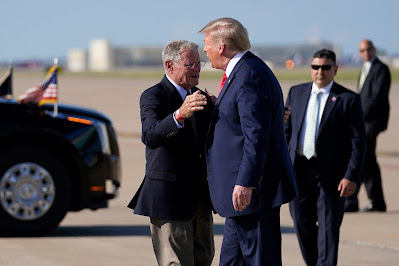The Confederacy's Love Affair with Donald Trump: Unraveling the Historical, Cultural, and Political Factors
The legacy of the Confederacy and its Civil War history continues to influence some individuals in former Confederate states. For some, Trump's "Make America Great Again" slogan might have stirred sentiments of nostalgia, harking back to an era they perceive as a time of greater prosperity and traditional values. This historical resonance could be seen as an appeal to a lost past, which Trump implicitly promised to restore during his campaign.
The Confederacy's love affair with Trump can be linked to cultural conservatism. Many residents in these states embrace traditional values, including strong religious beliefs, opposition to progressive social changes, and support for gun rights. Trump's conservative platform, pro-life stance, and emphasis on religious freedom aligned with these cultural values, forging a connection with a significant portion of the population.
Economic concerns in some former Confederate states may have played a pivotal role in their support for Trump. These regions have faced challenges with deindustrialization and job losses, and some individuals felt marginalized by the perceived coastal elite. Trump's promises of job creation, deregulation, and renegotiating trade deals appealed to those seeking economic improvement and revitalization of their communities.
Donald Trump's populist rhetoric struck a chord with many Americans, including those in the Confederacy. He positioned himself as a political outsider, portraying himself as a champion of the people against the Washington establishment. This outsider appeal resonated with those who felt their interests were not adequately represented by the mainstream political establishment.
Trump's emphasis on nationalism and patriotism during his presidency also garnered support in certain former Confederate states. The idea of putting "America First" and prioritizing national interests appealed to those who saw themselves as staunch patriots, emphasizing their pride in their country and its historical values.
The role of media and information sources cannot be underestimated in shaping public opinion. Conservative-leaning media outlets, particularly those with a strong presence in the South, may have amplified Trump's message and presented him in a positive light, contributing to his popularity in these regions.
In some former Confederate states, opposition to liberal policies and progressive social changes promoted by the Democratic Party played a significant role in their admiration for Trump. His rejection of political correctness and his stance against certain social reforms appealed to those who felt that their traditional values were under attack.
The Confederacy's love affair with Donald Trump is a complex interplay of historical, cultural, and political factors. Trump's policies, rhetoric, and persona resonated with certain segments of the population in former Confederate states, evoking sentiments of nostalgia, cultural conservatism, economic hopes, populism, nationalism, and opposition to liberal policies. However, it is crucial to remember that this affection was not universal, and numerous individuals in these states held different views.
Related Posts:
- Does Donald Trump Hate American Muslims?
- Donald Trump Hates Obama And Obama's Legacy?
- Is There A Relationship Between Donald Trump And White Supremacists?
- Trump's Relationship with the Bush Family: A Complex Political Saga
- Biography of Donald Trump - Can Donald Trump Win in 2024?
- IS DONALD TRUMP A NAZI? HATE AGAINST MUSLIMS & MEXICANS REACHES NEW LEVELS
Other Related Posts:
- CAN BERNIE SANDERS BEAT DONALD TRUMP? WHAT ARE THE MAIN DIFFERENCES BETWEEN BERNIE SANDERS AND DONALD TRUMP?
- IS TRUMP’S DECISION TO MOVE US EMBASSY TO JERUSALEM BASED ON HIS HATE FOR MUSLIMS? CAN IT MAKE RUSSIA EVEN MORE STRONGER IN MIDDLE EAST?
- ARE TRUMP TAX CUTS GOOD FOR UNITED STATES OF AMERICA? WILL THE TAX INTAKE INCREASE?
- THE CRUCIAL IMPORTANCE OF US PRESIDENTIAL ELECTIONS FOR UNITED STATES AND THE REST OF THE WORLD - TRUMP, BIDEN OR SOMEONE ELSE?
- WILL POPULATION EXPLOSION CAUSE MORE MIGRATION TO THE WEST? DID MIGRATION PLAY A ROLE IN BREXIT AND TRUMP VICTORY?




